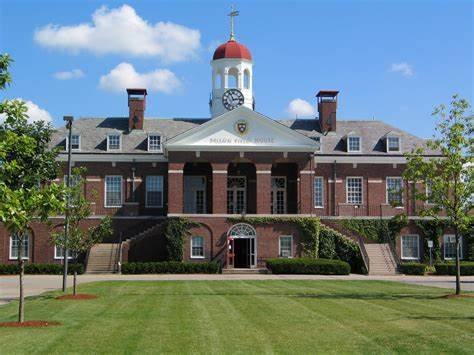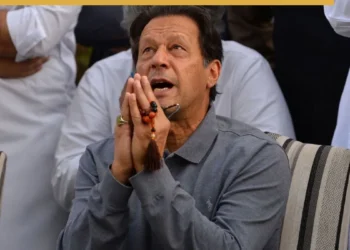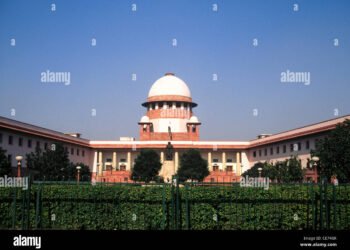Harvard University successfully challenged the Trump administration’s move to terminate its foreign student enrollment, arguing the decision was unlawful and would devastate its international student body of over 7,000. A federal judge granted a temporary restraining order.
BY PC Bureau
A U.S. federal judge issued a temporary restraining order on Friday, preventing the Trump administration from revoking Harvard University’s ability to enroll international students. The move by the administration was seen as an attempt to align academic practices with President Trump’s policies.
Harvard University filed a complaint in Boston federal court, arguing that the revocation was a “blatant violation” of the U.S. Constitution and federal laws, and would have an “immediate and devastating effect” on the university and its over 7,000 international visa holders. Harvard asserted that the revocation threatened to eliminate a significant portion of its student body, emphasizing the vital contributions of international students to the university.
READ: The 74th Anniversary of China’s Annexation of Tibet: A Cry for Justice
U.S. District Judge Allison Burroughs, an Obama appointee, granted the temporary restraining order, halting the policy’s implementation.
The Trump administration’s actions were viewed as part of a broader campaign to exert influence over institutions that value independence from partisan politics, including universities, law firms, and the media. This campaign included efforts to deport foreign students involved in pro-Palestinian protests, retaliate against law firms challenging Trump’s policies, and suggestions to impeach judges for unfavorable rulings.
BREAKING: U.S. District Judge Jeffrey S. White just blocked Trump from terminating the legal status of international students, including at Harvard, nationwide, as well as arresting and detaining them.
Countdown until MAGA screams “Activist Judge” and “Deep state” starting now! pic.twitter.com/2xYbnRhfJ7
— Brian Krassenstein (@krassenstein) May 22, 2025
Harvard has been a vocal critic of the Trump administration, previously suing to restore federal grants. Other institutions, such as law firms WilmerHale and Susman Godfrey, also took legal action. U.S. Chief Justice John Roberts criticized the idea of impeaching judges over policy disagreements.
READ: Myanmar Resistance Stands by Abduction, Torture Claims
While some institutions made concessions, such as Columbia University agreeing to review its curriculum, others, like law firms Paul, Weiss and Skadden Arps, offered pro bono legal services to causes supported by Trump.
White House spokesperson Abigail Jackson dismissed Harvard’s lawsuit, accusing the university of neglecting anti-American and anti-Semitic agitators on campus.
Homeland Security Secretary Kristi Noem announced the termination of Harvard’s Student and Exchange Visitor Program certification, citing Harvard’s alleged role in “fostering violence, antisemitism, and coordinating with the Chinese Communist Party.” Noem demanded Harvard provide records about international students’ protest activities.
Harvard responded by condemning the administration’s actions, stating it had complied with legal requests. University President Garber accused the administration of retaliating against Harvard for its “refusal to surrender” academic independence.
Harvard, with nearly 6,800 international students representing 27% of its enrollment, argued that the revocation would disrupt academic programs and force the university to retract admissions. They asserted that the government’s actions violated the First Amendment and academic freedom










